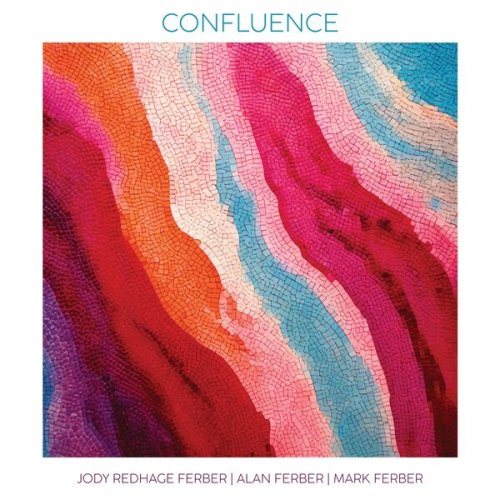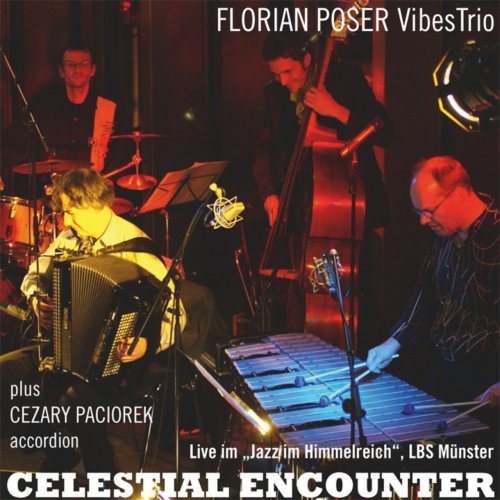Joseph Rassam - Scheidemann: Keyboard Music (2017) [CD Rip]

Artist: Joseph Rassam
Title: Scheidemann: Keyboard Music
Year Of Release: 2017
Label: Brilliant Classics
Genre: Classical
Quality: FLAC (image + .cue, log, scans)
Total Time: 2:11:01
Total Size: 691 MB
WebSite: Album Preview
Tracklist:Title: Scheidemann: Keyboard Music
Year Of Release: 2017
Label: Brilliant Classics
Genre: Classical
Quality: FLAC (image + .cue, log, scans)
Total Time: 2:11:01
Total Size: 691 MB
WebSite: Album Preview
CD1 - Organ
[1] Praeambulum in E minor
[2]-[3] Erbarm dich mein, o Herre Gott
[4] Cantcoenn in G major
[5]-[7] Vom Himmel hoch da komm ich her
[8] Praeambulum in G major
[9] Toccata in G major
[10]-[11] Mensch, willst du leben seliglich
[12]-[13] Confitemini Domino
[14]-[16] Christ lag in Todesbanden
[17] Praeambulum in G minor
[18] Vater unser im Himmelreich
[19] Fantasia in D minor
[20] Jesus Christus, unser Heiland
CD2 - Harpsichord & Virginal
[1] Praeambulum in D minor
[2] Fuga in D minor
[3] Französischer Allemand
[4] Courant & Variatio in D minor (after Nicolas La Grotte)
[5] Omnia quae fecisti nobis Domine (after Roland de Lassus)
[6] Ballett & Variation in F major
[7] Canzon in F major
[8] Mio cor, se vera sei salamandra (after Felice Anerio)
[9] Courant & 2 Variatios in A minor
[10] Fantasia in G major
[11] Mascarata & Variatio in G major
[12] Toccata in C major
[13] Praeambulum in C major
[14] Benedicam Domino (after Hieronymus Praetorius)
[15] Jesu, wollst uns weisen (after Giovanni Gastoldi)
[16] Englische Mascarada oder Juden Tanzt
[17] Allemand & Double in C minor
[18] Betrübet ist zu dieser Frist
[19] Pavana Lachrymae (after John Dowland)
[20] Galliarda & Variatio in D minor
Previous albums on Brilliant Classics have illuminated significant figures in the school of North German organ music in the generations before Bach: among them Georg Ludwig Bohm, Johann Gottfried Walther and Dieterich Buxtehude.
Here is the work of another, hardly less significant figure, Heinrich Scheidemann. Hamburg-based, Heinrich took over from his father as organist at the church of St Catherine’s in 1629 and remained in post until his death in 1663. He wrote almost exclusively for his instrument, and in the expected forms of chorale fantasias, motet arrangements, preludes, toccatas and fantasias which constituted the bread and butter of the 17th-century church musician’s diet.
On this newly recorded album, the French organist Joseph Rassam plays a selection of all these genres, juxtaposed for maximum variety. In fact Scheidemann invented the genre of chorale fantasia, later so refined and developed by J.S. Bach, where a well-known chorale melody is played as the soprano line and reworked by means of superimposition, canon and imitation for the effects of grandeur and spiritual elevation. There are several Praeambulum movements in which Scheidemann builds on the legacy of the Dutch master Sweelinck, more freely composed, allowing full rein for the performer/composer’s own virtuosity.
Until quite recently, all Scheidemann’s keyboard works were thought to have been written for the organ, but scholarly research has now shown that more than a quarter of the hundred or so pieces known to be by Scheidemann (or attributed to him) were actually written for the harpsichord and intended for performance in a secular context. Joseph Rassam’s recording is therefore one of the first to place such pieces in their original, intended context. In doing so, it reveals new and extrovert facets of the music which was hitherto characterised as more solemn and monumental according to an eccelesiastical context.
Joseph Rassam has chosen to use three instruments appropriate to the historical and stylistic context of Scheidemann’s music. The organ is a relatively new one, inaugurated in 2010 by Gustav Leonhardt in the church of St Martin, Amilly, and built by Bertrand Cattiaux in the style of North-German Baroque instruments. He also plays an original 17th-century harpsichord of unknown manufacture, beautifully decorated and recently restored by Alain Anselm, and one of Anselm’s own virginals.
Here is the work of another, hardly less significant figure, Heinrich Scheidemann. Hamburg-based, Heinrich took over from his father as organist at the church of St Catherine’s in 1629 and remained in post until his death in 1663. He wrote almost exclusively for his instrument, and in the expected forms of chorale fantasias, motet arrangements, preludes, toccatas and fantasias which constituted the bread and butter of the 17th-century church musician’s diet.
On this newly recorded album, the French organist Joseph Rassam plays a selection of all these genres, juxtaposed for maximum variety. In fact Scheidemann invented the genre of chorale fantasia, later so refined and developed by J.S. Bach, where a well-known chorale melody is played as the soprano line and reworked by means of superimposition, canon and imitation for the effects of grandeur and spiritual elevation. There are several Praeambulum movements in which Scheidemann builds on the legacy of the Dutch master Sweelinck, more freely composed, allowing full rein for the performer/composer’s own virtuosity.
Until quite recently, all Scheidemann’s keyboard works were thought to have been written for the organ, but scholarly research has now shown that more than a quarter of the hundred or so pieces known to be by Scheidemann (or attributed to him) were actually written for the harpsichord and intended for performance in a secular context. Joseph Rassam’s recording is therefore one of the first to place such pieces in their original, intended context. In doing so, it reveals new and extrovert facets of the music which was hitherto characterised as more solemn and monumental according to an eccelesiastical context.
Joseph Rassam has chosen to use three instruments appropriate to the historical and stylistic context of Scheidemann’s music. The organ is a relatively new one, inaugurated in 2010 by Gustav Leonhardt in the church of St Martin, Amilly, and built by Bertrand Cattiaux in the style of North-German Baroque instruments. He also plays an original 17th-century harpsichord of unknown manufacture, beautifully decorated and recently restored by Alain Anselm, and one of Anselm’s own virginals.
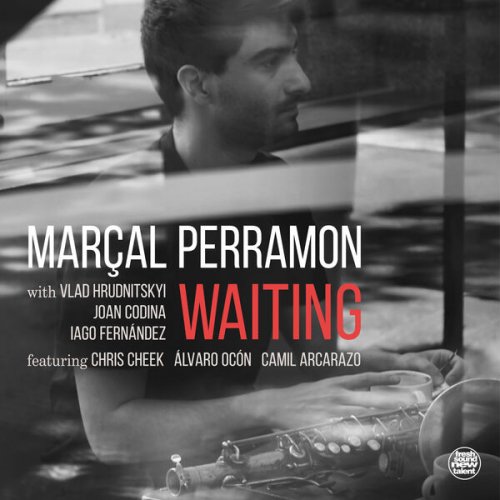
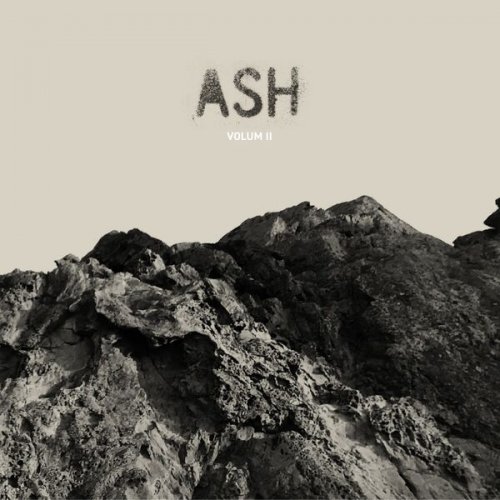
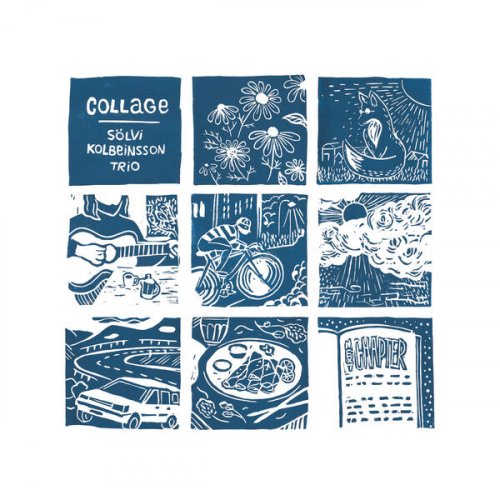
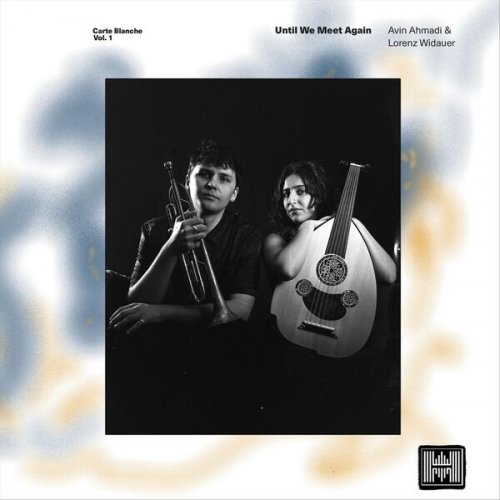
![Tomasz Stańko - Unit (Polish Radio Sessions vol. 2/6) (2025) [Hi-Res] Tomasz Stańko - Unit (Polish Radio Sessions vol. 2/6) (2025) [Hi-Res]](https://www.dibpic.com/uploads/posts/2025-12/1765790300_cover.jpg)
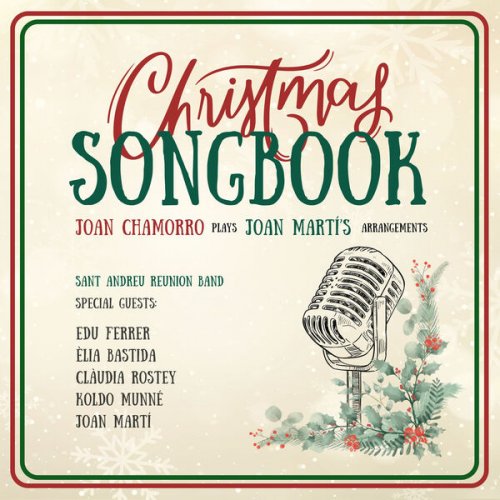
![Leslie Baron - In Jest (2025) [Hi-Res] Leslie Baron - In Jest (2025) [Hi-Res]](https://img.israbox.com/img/2025-12/18/2sqpj360q2wy5vki1452chspo.jpg)
